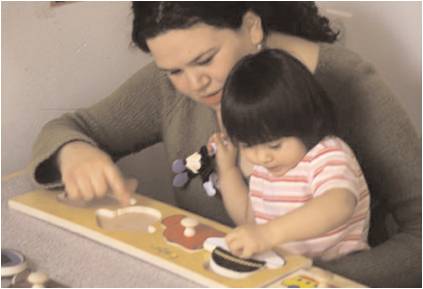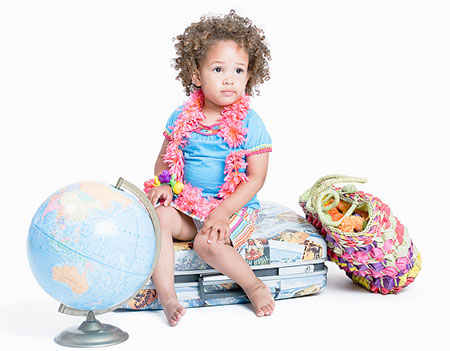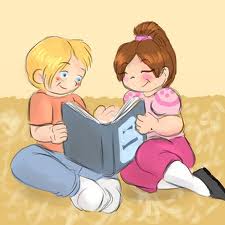Pulling Hair! Hitting! Biting! It’s even possible that your child showed a fit of rage and lashed out or even hurt someone. Your child may have been bothered by some other aggressive child. If you’ve experienced these issues or situations, you’ve finally joined the crowd. Almost every parent struggles with helping and understanding the child when he hurts someone else. Most parents don’t even understand the underlying cause when their children are hit by others.
It can be a big shock when your sweet son or daughter suddenly throws something at someone or bites a new baby in the family. If you’re worried and need some help, you can learn a lot with the following guiding principles for relieving your child’s aggression. This will allow you to enjoy and relax with his siblings and friends.
Helping Your Child Relieve Aggression
First of all, it is very important for you to understand that children never want to attack others. Most children just want to have some fun, feel loved and focus on their safety. Almost every child plays well when he feels connected. However, in some situations, children may completely lose their sense of connection. This can make them feel frightened, isolated or tensed.
When this happens, children may experience an emotional emergency, and lash out at other children or even adults. It is important to understand that children never intend to be cunning or mean. Most of the time, a child does not have any control over acts of aggression.
When a child feels safe enough to show his feelings, he would never hurt anyone intentionally. Children always feel a special bond with their caregiver or parents. Thus, when they feel attacked, they run to the nearest dear and loved one for attention and help. Most children start crying and try to release the knot of grief and fear they strongly feel. The person who listens to the child fall apart can give the perfect gift of love and care to allow him to heal from certain feelings which could be making life harder. When a child does not feel safe anymore, he may signal for help by relieving aggression in some form.
Reasons for Being Aggressive
A child who lashes out just feels sad, alone and frightened. However, this child does not look very frightened when he’s about to push, hit or bite. But his fears are always the underlying problem. His feelings are controlling his every action. Fear and threat robs a little child of his ability to feel that he also cares about others.
In such a situation, a child’s trusting nature is always crusted with a lot of different feelings. A child may be thinking that no one understands him or cares about him. If you pay some close attention, you will realize that such a feeling can easily drain a child’s face of sparkle and flexibility in the few seconds before he lashes out at someone.
A child may experience these feelings of isolation. It won’t matter how close and loving the child’s parents are at other times. They will have to be considerate in this particular situation. There are even some children who are just occasionally aggressive and frightened. Other children feel a constant abiding sense of desperation and fear which comes from specific circumstances beyond any individual’s control. A lot of children acquire different kinds of fears and threats from medical treatments, difficult birth, unhappiness around them, family tensions and absence of loved ones from their lives. According to most psychologists, even a short period of frightening time in a child’s past can easily create hard feelings and aggression.
Caregivers and parents need to understand that they have tremendous power to help an aggressive child. It is also important to understand that a child’s aggression can’t ever be erased by simple enforcing your logical reasoning, punishments, timeouts or other such acts.
Similarly, some unnecessary incentives to control behavior may create intense feelings within your child’s heart. The underlying problem is the lack of connection a child feels with his loved ones. When you’re able to help a child see this connection, he will feel safe and secure. This will allow him to discuss his issues with you rather than just lashing out. Being considerate is the best way to help children with aggression.







